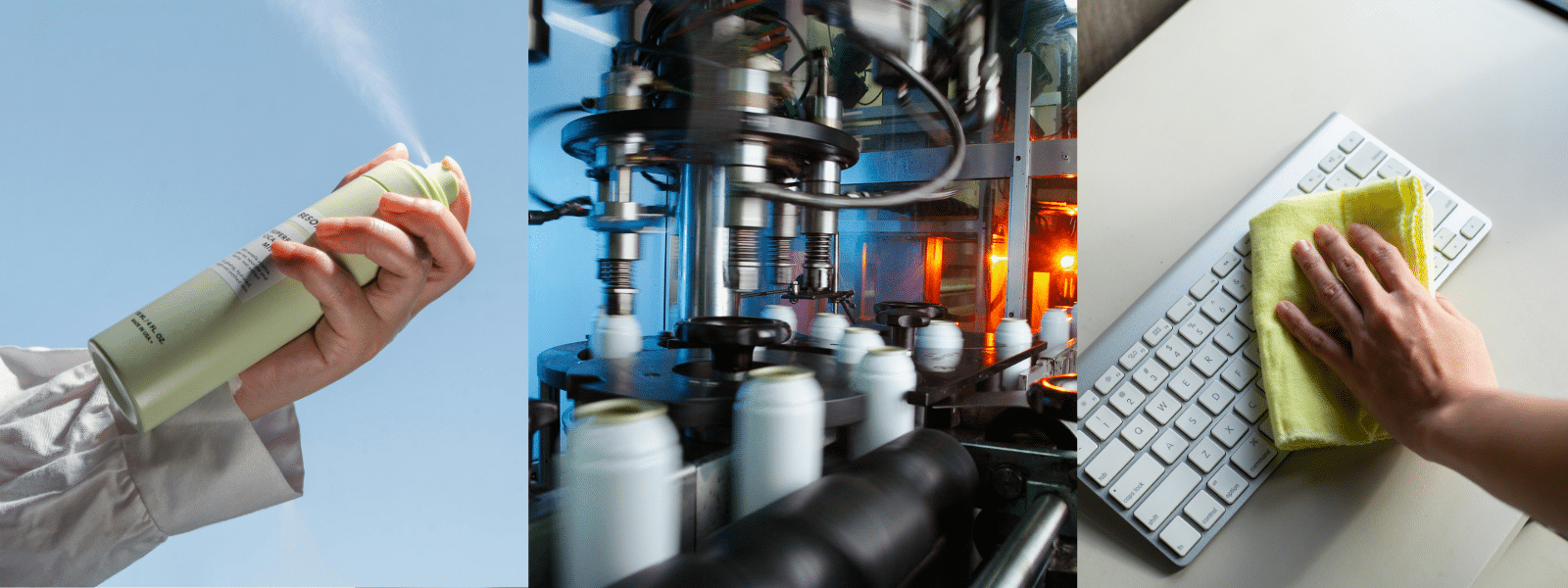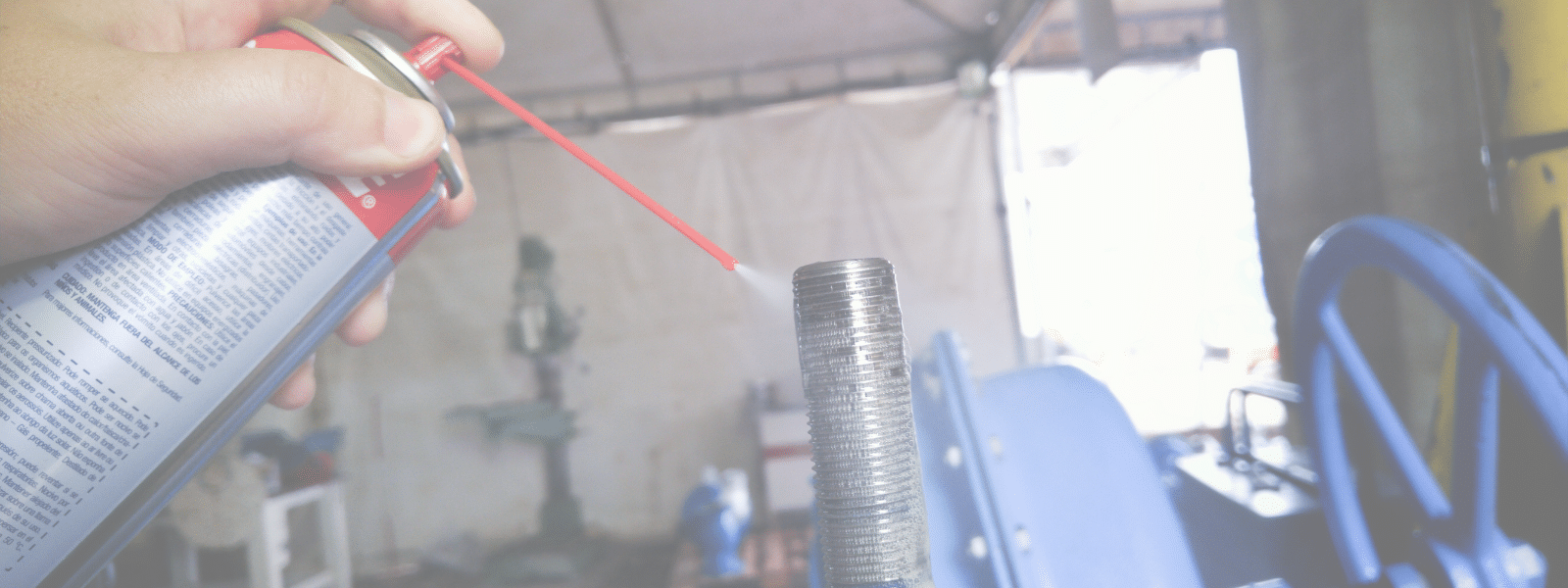Industrial parts washers provide a highly efficient way to perform general parts cleaning and precision parts cleaning. The end result is a combination of a washer’s cleaning process and the solvent that removes the soils. If you’re in the market for an industrial parts washing system, and you need on what cleaners are used in parts washers, the information below is for you.
What Cleaners are Used in Parts Washers?
There are several possible answers to the question, “What cleaners are used in parts washers?” To offer a meaningful response, we classify parts washer cleaners by moving from their most basic characteristics to ones that are highly specific, starting with the base the cleaners use.
Cleaner Base
Cleaners for parts washers have one of two bases: solvent or water. Solvent-based cleaners contain a solvent that dissolves two or more cleaning agents to create a homogenous formulation. Aqueous-based cleaners use water to dissolve an application of detergent and commonly use a heating process to speed the detergent dissolving and cleaning processes.
Hot or Cold
Aqueous-based cleaners commonly require heat to achieve the best detergent dispersal and remove tough accumulations. By the same token, solvent-based cleaners often require no heat to perform efficaciously. Whether you should choose a cleaner that uses heat or one that stays cold is determined by the technology of the parts washer.
“Hot tank” washers are intended for cleaners that need heat to generate the best cleaning action. “Cold tank” washers are designed for solvents that exhibit proper efficacy at room temperature or below.
Jet Spray or Power Wash
Most parts washers use a jet spray cleaning process or a power wash process. Wikipedia provides an excellent description of each type of washer.
“A jet spray washer cleans by flooding the parts with warm chemical solution and high chemical concentration to clean the parts. In the power wash process the parts are blasted with hot chemical solution… A parts washer utilizing the power washer process operates at a very low concentration of cleaning detergent.”
Because they involve markedly different concentrations of cleaning agents, jet spray cleaners and power wash cleaners are often labeled and sold separately. The exception is when the cleaners are offered in undiluted form, and the user will create the correct formulation.
Type of Cleaning
Last, we come to why the cleaner is used: degreasing, adhesive removal, tar removal, etc. As long as the proper solvent is applied, parts washers can remove almost any type of accumulation. It’s simply a matter of choosing the right cleaner for the job, and choosing it in a form the works for your parts washer.
Contact Us Today
Now that you know what cleaners are used in parts washers, do you need to place an order or receiving help selecting the right cleaner for your requirements? If so, call us today at (800) 563-1305, or send us an email through our contact form. We offer a wide selection of eco friendly, highly efficacious parts washing cleaners. Get your greener cleaner from Ecolink!















